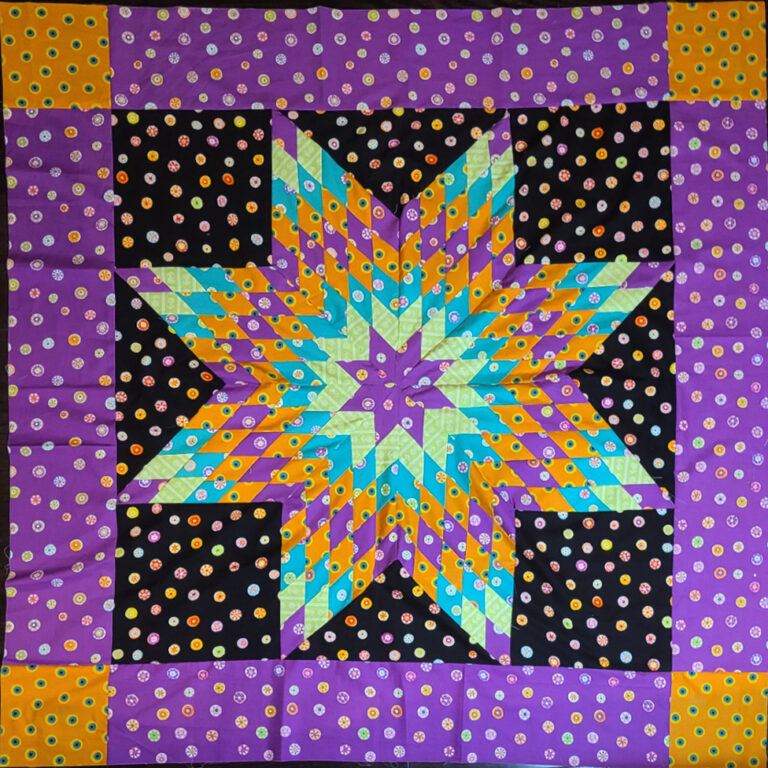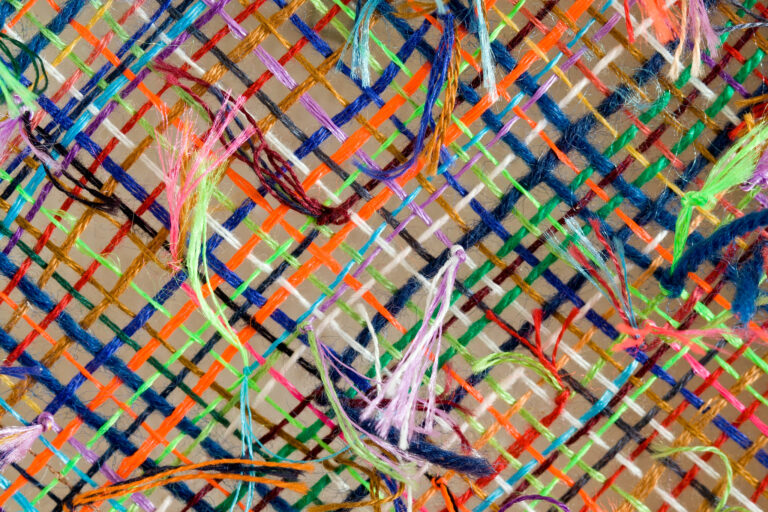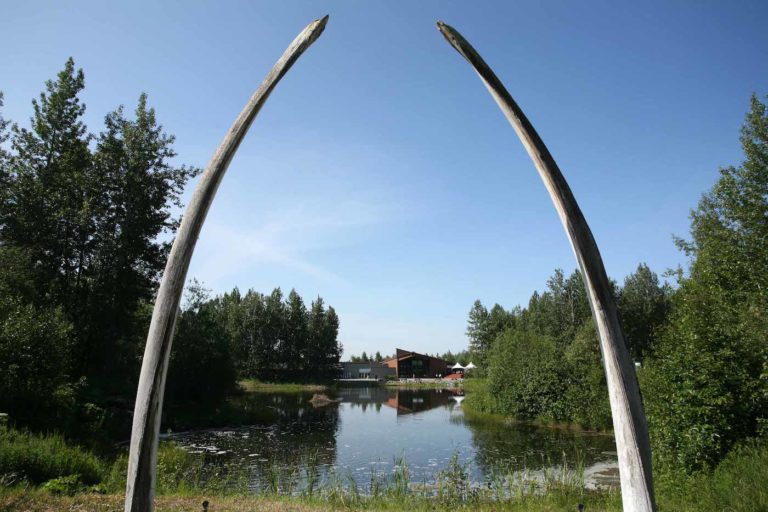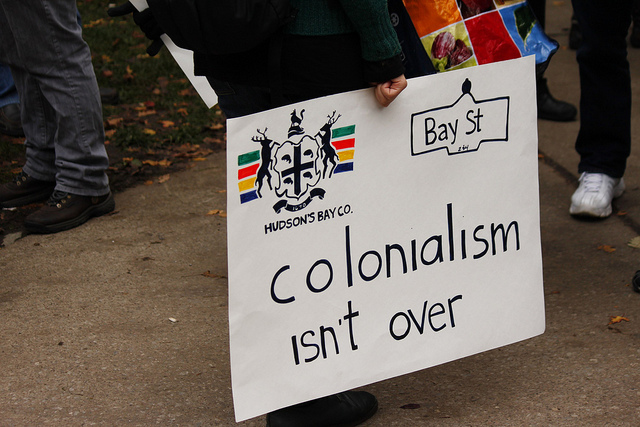This dossier collects four reflections on The Black Shoals: Offshore Formations of Black and Native Studies (2019) with responses by its author Tiffany Lethabo King. This dossier is based on an American Studies Association 2021 roundtable organized by Beenash Jafri.
Keyword: Native studies
Review of The Black Shoals: Offshore Formations of Black and Native Studies by Tiffany Lethabo King (Duke University Press)
In this ambitious first book, Tiffany Lethabo King disrupts what she sees as settler-colonial studies’ tendency to privilege the settler/conquistador as the ethical subject of Western theory. To do so, she undertakes the urgent work of considering historical, ceremonial, imaginative, and theoretical ways that Native and Black studies intersect and overlap within the North American context. Drawing in particular upon Afro-pessimism (for instance Frank Wilderson, Saidiya Hartman, Katherine McKittrick, Alexander G. Weheliye, and Sylvia Wynter) as well as Native studies’ refusal of sovereignty as a political, ethical, and material formation (Audra Simpson, Glen Coulthard, Jodi Byrd, and Andrea Smith), King joins the likes of Tiya Miles in seeing as insufficient any account of settler colonialism or Western humanism that does not consider how Black and Native epistemologies and histories intersect.
Indigenous Cosmopolitanism: The Alaska Native Heritage Center
The Alaska Native Heritage Center (ANHC) is a living heritage center located in Anchorage, Alaska. Although there are many tourist destinations in Alaska, Denali National Park for example, Anchorage should be thought of as the cosmopolitan center of Alaska, its largest and most populous city. The Alaska Native Heritage Center is an expansive site with indoor and outdoor components focusing on history and contemporary culture. The Heritage Center was initiated and curated by Alaska Natives as opposed to anthropologists or historians. The site as a whole can thus be understood as authored by Alaska Natives. The visitor experience, story of the center, and location provide many ways to bridge the site with the concept of cosmopolitanism. As I have experienced the site as a visitor, I will consider the center in relation to the notion of cosmopolitan curiosity, particularly in conjunction with scholar Natasha Eaton’s concept of cosmopolitan nostalgia. The ANHC serves as symbol of contemporary self-definition of Indigenous peoples. By placing the center in Anchorage, the Heritage Center founders were making a conscious choice to share their history and culture with non-natives. This enacts their sense of belonging in the world relating to cultural theorist Anthony Kwame Appiah’s central thesis of cosmopolitanism in Cosmopolitanism: Ethics in a World of Strangers (2006). Although not everyone has the opportunity to visit Alaska, those who do are likely to travel to Anchorage and once there to visit the ANHC. Due to colonization, indigenous peoples of the United States make up an extremely small percentage of the population, yet by no means are they—as outmoded anthropological monographs attest—‘disappearing’. By highlighting a contemporary example of indigenous living culture, I would like to consider how cosmopolitanism as a concept can incorporate this Indigenous mode of being into its larger global story.
“A Structure, Not an Event”: Settler Colonialism and Enduring Indigeneity
J. Kēhaulani Kauanui discusses the distinctive shifts toward examining Patrick Wolfe’s theory of settler colonialism as ‘a structure, not an event.’ Kauanui argues that a substantive engagement with settler colonialism also demands a deep rethinking of the associated concept of indigeneity–distinct from race, ethnicity, culture, and nation(ality)–along with the field of Native American and Indigenous Studies.



